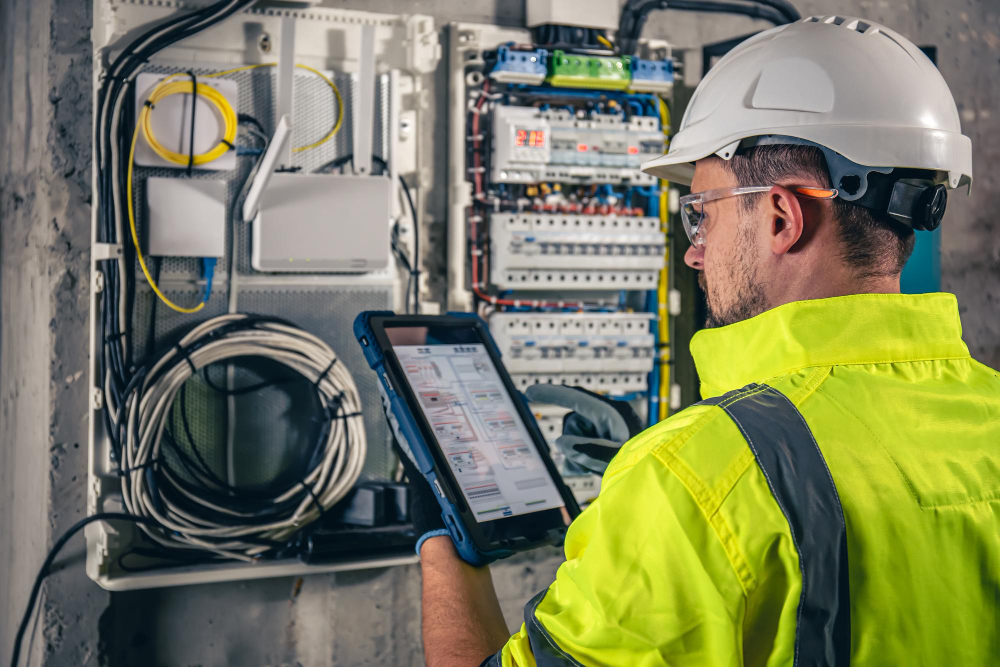

Electrical Code Compliance
Electrical Code Compliance: Safety and Reliability
Despite its uninteresting nature, electrical code compliance is essential to electrical work. Ensuring electrical installations and systems follow electrical code standards is lawful, safe, and reliable. Discuss how electrical code compliance affects households, companies, and electricians.
Electrical Code Compliance?
Compliance with regulatory electrical regulations and standards is electrical code compliance. The National Fire Protection Association (NFPA) publishes the National Electrical Code (NEC), the main electrical code reference in the US. These codes prevent electrical risks to persons, property, and the environment.
Why Does Electrical Code Compliance Matter?
Safety is the electrical codes' main purpose. Fires, electrocution, and other serious issues can result from non-compliant electrical work.
Reliability: Electrical codes encourage system reliability. Properly installed and maintained systems fail less, reducing interruptions and costs.
Legal Issues: Electrical code violations can result in legal action. Electrical work must be code-approved in several jurisdictions before use.
Insurance companies often need electrical code compliance. Non-compliance might lead to refused electrical claims.
Resell Value: Non-code-compliant homes may sell for less. Many purchasers are wary of homes with electrical difficulties.
Key Electrical Code Compliance Concepts
Wire and Circuits: To prevent overloading and overheating, the NEC specifies wire methods, conductor specs, and circuit design.
Accessible and safe outlets and receptacles are regulated by electrical codes.
Electrical System Grounding and Bonding: Safety requires proper grounding and bonding. These are detailed in codes.
Electrical Panels: Rules govern electrical panel installation, maintenance, accessibility, and labeling.
Electrical Equipment: Switches, outlets, and fixtures must meet safety standards.
Emergency Systems: Codes demand emergency power systems to maintain vital functions during power outages.
Job of Electricians
Electrical code compliance depends on licensed electricians. They're trained to implement electrical codes and inspected for conformity. For electrical installations and repairs, homeowners and businesses should engage licensed electricians.
Electrical Code Compliance Steps
Check Local Codes: Electrical codes differ by region. Understand your local codes by researching them.
Use a Licensed Electrician: Electrical work requires a licensed electrician. Workers shall follow local and national codes.
Electrical work usually requires a permit and inspection. This technique assures code compliance and safety.
Regular Maintenance: Codes require electrical system maintenance. Care for wear and tear, repairs, and maintenance records are included.
Stay Current: New technologies and safety practices inspire electrical code updates. Compliance requires keeping up with code changes.
Electrical code compliance means safety, reliability, and legal responsibility. Electrical rules are essential for homeowners, business owners, and electricians to protect lives and property. The minimal time and resource commitment results in a safer and more reliable electrical system.